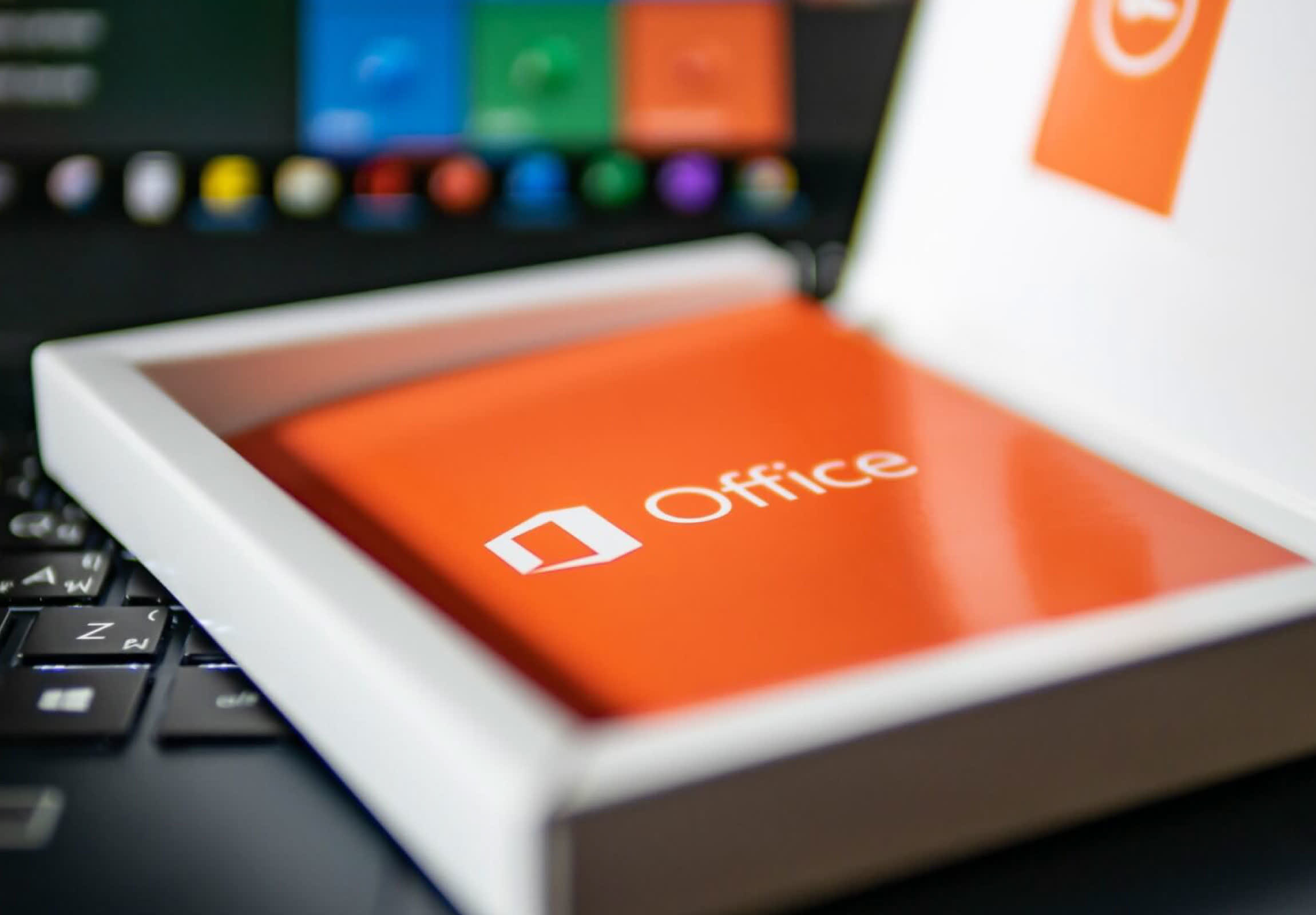What just happened? It's not just China that is replacing Windows on government PCs. Germany's most northern state, Schleswig-Holstein, has begun moving from the popular OS to Linux while also switching from Microsoft Office to LibreOffice. The state's Minister-President Daniel Gunther said the move from proprietary to open-source software was being made to ensure independence, sustainability, and security.
"In addition to improved IT security, cost-effectiveness, and data protection, the use of open-source software also enables seamless collaboration between different systems," officials said. "Alongside open-source software development, the goal is to release future development results of the country under free licenses."
The 30,000 employees of Schleswig-Holstein's local government will be moving to Linux and LibreOffice as the state pushes for what it calls "digital sovereignty," a reference to non-EU companies not gathering troves of user data so European firms can compete with these foreign rivals.
LibreOffice developer The Document Foundation celebrated the move with a post that highlighted the use of the term digital sovereignty, noting that proprietary, closed software can't be studied or modified, meaning it is very difficult to know what happens to users' data.
The Document Foundation added that with open-source software, local governments maintain full control, study its source code, make changes they require, and deploy it entirely on their own infrastructure. The organization also questioned why local governments should use taxpayers' money to buy proprietary software from a single vendor.
Question! Why should local governments use taxpayers' money to buy proprietary software from a single vendor? And what happens to citizens' data? A solution is to move to free software like Linux and LibreOffice – which is what Schleswig-Holstein is doing: https://t.co/P7cQJwEP7u pic.twitter.com/OuIHPlSteV
– LibreOffice (@LibreOffice) April 4, 2024
Schleswig-Holstein's email servers, directory, and telephony software is also going open-source, with plans to use Nextcloud, Open Xchange/Thunderbird, and the Univention Active Directory (AD).
Speaking about the restrictions associated with proprietary software, the state's government said that "We have no influence over the operational processes of such solutions or the handling of data, including the possibility of data outflows to third-party countries."
The plans to go open-source were drawn up by Schleswig-Holstein back in 2021. At the time, one of the several reasons for the switch was Windows 11's hardware requirements. The jump to LibreOffice had a deadline of 2026 – there was no date set for ditching Windows.
The move could see other government agencies in Germany and the rest of Europe also drop propriety software for open-source alternatives, particularly as the European Commission recently found that its use of Microsoft 365 infringed several key data protection rules.
Munich, the capital of German state Bavaria, switched from Windows to Linux-based LiMux in 2004, though it switched back in 2017 as part of an IT overhaul. Wanting Microsoft to move its headquarters to Munich likely played a part in returning to Windows, too.
The move comes soon after China introduced new guidelines that will phase out US processors and software, including Windows, from its government computers and servers.
Last month saw Andres Freund, a PostgreSQL developer at Microsoft, discover malicious code that could break sshd authentication, potentially posing a huge threat to Linux. Thankfully, it was caught early.
